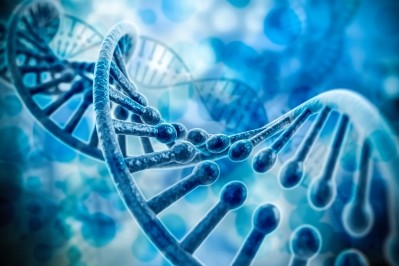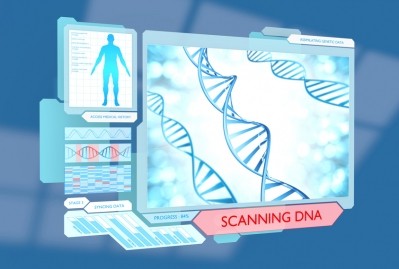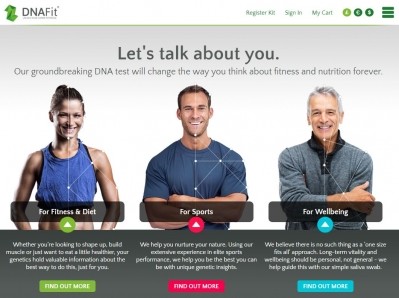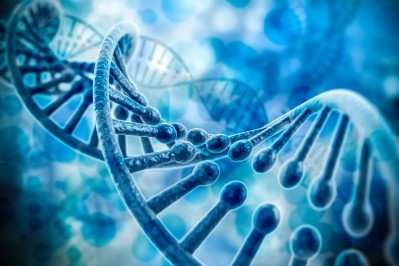Personalised nutrition: Thoughts from industry leaders at HiE
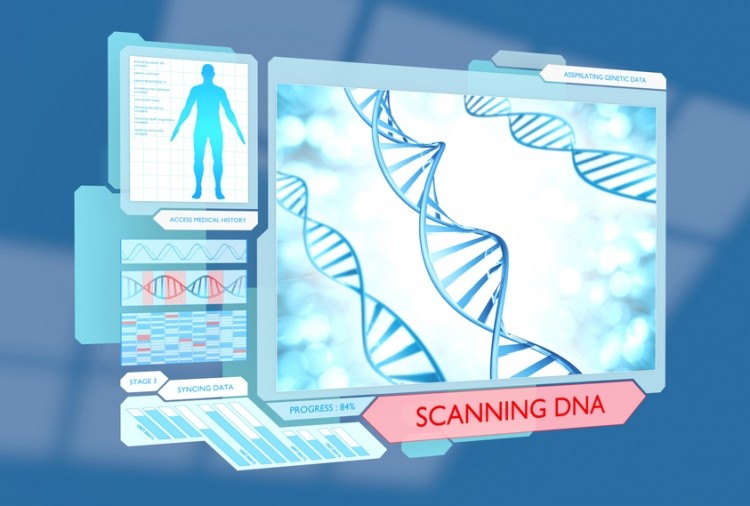
The micro-details will be debated at a Personalised Nutrition session taking place at this year’s Health ingredients Europe & Natural ingredients (HiE & Ni) show and conference in Frankfurt, Germany on 1 December.
The session is a chance for those in research and development as well as product developers to gain insights into the mindset of today’s consumers, who are eager to align their food and nutrition choices to an increasingly active lifestyle.
Biohacking: A ‘DIY approach’
One of the presenters, Johanna Tanhuanpaa, marketing intelligence specialist for Invenire Market Intelligence, will explain biohacking in her presentation: ‘Explaining bio-hacking: is there a marketing opportunity for food companies?’
“The essence of biohacking is really nothing new, it's self-improvement,” she explained. “Biohacking has a strong DIY experimentation approach; it’s not about blindly following a diet or a fitness regime, but rather about testing and tweaking things to find out what works for you specifically.”
Tanhuanpaa explained that this could mean monitoring, analysing and understanding oneself, and was a practice where technology can play a big part.
She pointed to the rise of health and fitness apps, wearables, and home testing kits that enabled biohacking to a greater number of people.
She rejected the idea of biohacking being overly technical or clinical, despite the term being planted within the information technology realms among computer scientists and data analysts.
“There is actually a very holistic view on wellness, where the body, mind and spirit all need to be taken into consideration instead of just focusing on one single aspect of this combination, such as nutrition.”
“I think biohacking can provide a lot of opportunities for the nutritional industry, and there are strategies such as re-positioning existing products to creating new ones and even combining service elements,” she said.
“Biohacking is not a threat to the nutritional industry, but instead an opportunity to develop their business going forward.”
Panel discussion
Central to this session will be the panel discussion entitled: ‘Debating definitions of personalised nutrition.’
The term has undergone a number of interpretations over the years, coinciding with milestones that personalised nutrition has reached or achieved. How this term is used currently and in the future will be debated by senior industry figures at the heart of the personalised nutrition wave.
“Personalised nutrition is a movement based on the core principles of food and nutrition - the most underutilised yet most potent public and personal health, wellness, fitness and performance tool available to all humans,” according to Rony Sellam, CEO of personalised health analytics firm InsideTracker.
“Food items are tools that can be used to achieve specific goals around health, wellness, fitness, and performance,” he added.
“In addition nutrition science also highlights how much one size does not fit all, and decisions need to be personalised to achieve maximum potential.”
Sellam also identified scientific advances, tools, policies, technologies and products as part of how personalised nutrition is being enabled today to compute large amounts of population information, and large amounts of individual information.
Looking to the future Sellam pointed toward nutrigenomics as "the inputs that inform how personalised nutrition taps unequivocally into ‘being human.’’
“We see blood biomarkers, genetics, and the microbiome as important inputs that will continue to complement one another as more people get sequenced,” he commented.
“We also see physiological markers (resting heart rate, for example) as very important. Same with psychographic inputs - goal-oriented, mood-oriented, etc.”
“Our view is that companies would be well advised to only provide services in areas where the science is incredibly strong and repeatable so as to deliver results to the end-user.”
More information about the HiE conference programme here.


